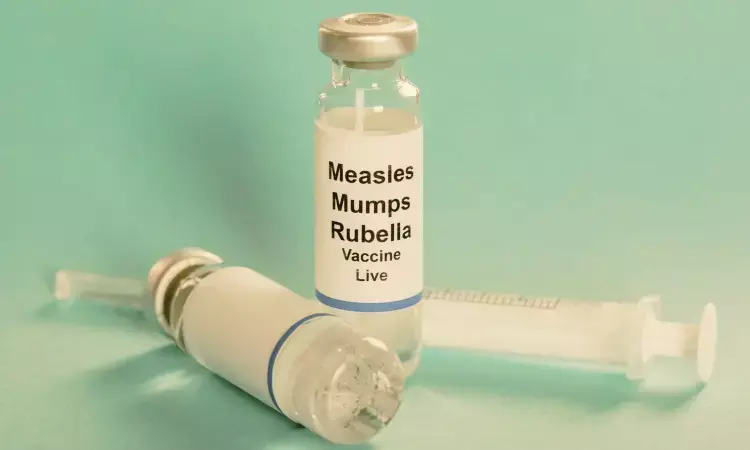- Home
- Medical news & Guidelines
- Anesthesiology
- Cardiology and CTVS
- Critical Care
- Dentistry
- Dermatology
- Diabetes and Endocrinology
- ENT
- Gastroenterology
- Medicine
- Nephrology
- Neurology
- Obstretics-Gynaecology
- Oncology
- Ophthalmology
- Orthopaedics
- Pediatrics-Neonatology
- Psychiatry
- Pulmonology
- Radiology
- Surgery
- Urology
- Laboratory Medicine
- Diet
- Nursing
- Paramedical
- Physiotherapy
- Health news
- Fact Check
- Bone Health Fact Check
- Brain Health Fact Check
- Cancer Related Fact Check
- Child Care Fact Check
- Dental and oral health fact check
- Diabetes and metabolic health fact check
- Diet and Nutrition Fact Check
- Eye and ENT Care Fact Check
- Fitness fact check
- Gut health fact check
- Heart health fact check
- Kidney health fact check
- Medical education fact check
- Men's health fact check
- Respiratory fact check
- Skin and hair care fact check
- Vaccine and Immunization fact check
- Women's health fact check
- AYUSH
- State News
- Andaman and Nicobar Islands
- Andhra Pradesh
- Arunachal Pradesh
- Assam
- Bihar
- Chandigarh
- Chattisgarh
- Dadra and Nagar Haveli
- Daman and Diu
- Delhi
- Goa
- Gujarat
- Haryana
- Himachal Pradesh
- Jammu & Kashmir
- Jharkhand
- Karnataka
- Kerala
- Ladakh
- Lakshadweep
- Madhya Pradesh
- Maharashtra
- Manipur
- Meghalaya
- Mizoram
- Nagaland
- Odisha
- Puducherry
- Punjab
- Rajasthan
- Sikkim
- Tamil Nadu
- Telangana
- Tripura
- Uttar Pradesh
- Uttrakhand
- West Bengal
- Medical Education
- Industry
Intralesional MMR Vaccine Shows Promise for Treating Resistant Pediatric Warts

USA: Warts are a common skin condition, especially among children, and while various treatments are available, some warts can be particularly stubborn and resistant to conventional therapies. A recent retrospective study has explored the potential of using the measles, mumps, and rubella (MMR) vaccine as an alternative treatment for pediatric warts that have failed to respond to initial therapy with Candida antigen.
The study included 51 pediatric patients with warts that had proven resistant to intralesional Candida antigen therapy. These patients were then treated with intralesional injections of the MMR vaccine. The results were encouraging, with 15.5% of the patients experiencing complete resolution of their warts. Additionally, 12% had a near-complete resolution, and 37% showed partial improvement.
One interesting finding from the study was that age seemed to play a role in treatment response. Patients under the age of 12 were more likely to respond positively to the MMR vaccine treatment. However, the number of MMR treatments did not significantly affect treatment response.
While this study has its limitations, such as its retrospective nature and relatively small sample size, it suggests that the intralesional MMR vaccine could be a viable and effective treatment option for pediatric warts that do not respond to conventional therapies. The findings also highlight the importance of exploring alternative treatments for stubborn skin conditions, particularly in cases where existing therapies have been ineffective.
This study suggests that the intralesional MMR vaccine could offer hope for patients dealing with stubborn pediatric warts. It emphasises the importance of exploring alternative treatments when initial therapies fail and highlights the potential benefits of early intervention, especially in younger patients. Further research may provide more insights into optimising this approach for the effective management of warts in children.
Reference:
Dr Kamal Kant Kohli-MBBS, DTCD- a chest specialist with more than 30 years of practice and a flair for writing clinical articles, Dr Kamal Kant Kohli joined Medical Dialogues as a Chief Editor of Medical News. Besides writing articles, as an editor, he proofreads and verifies all the medical content published on Medical Dialogues including those coming from journals, studies,medical conferences,guidelines etc. Email: drkohli@medicaldialogues.in. Contact no. 011-43720751


